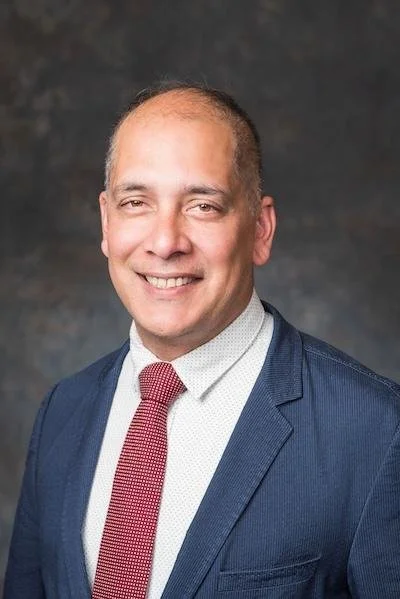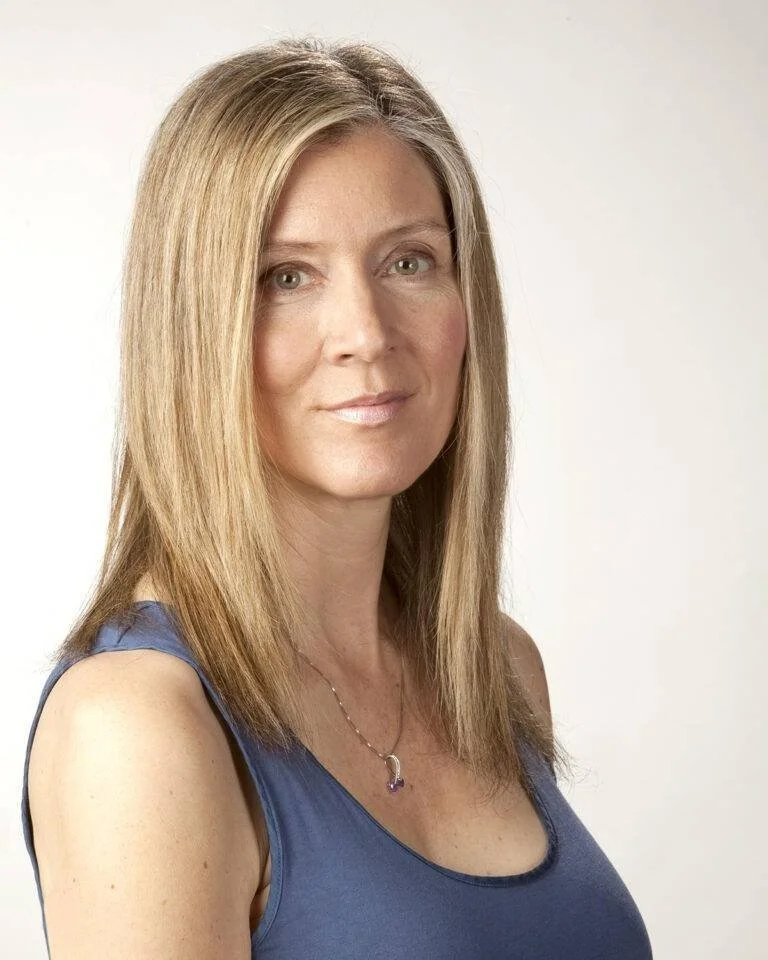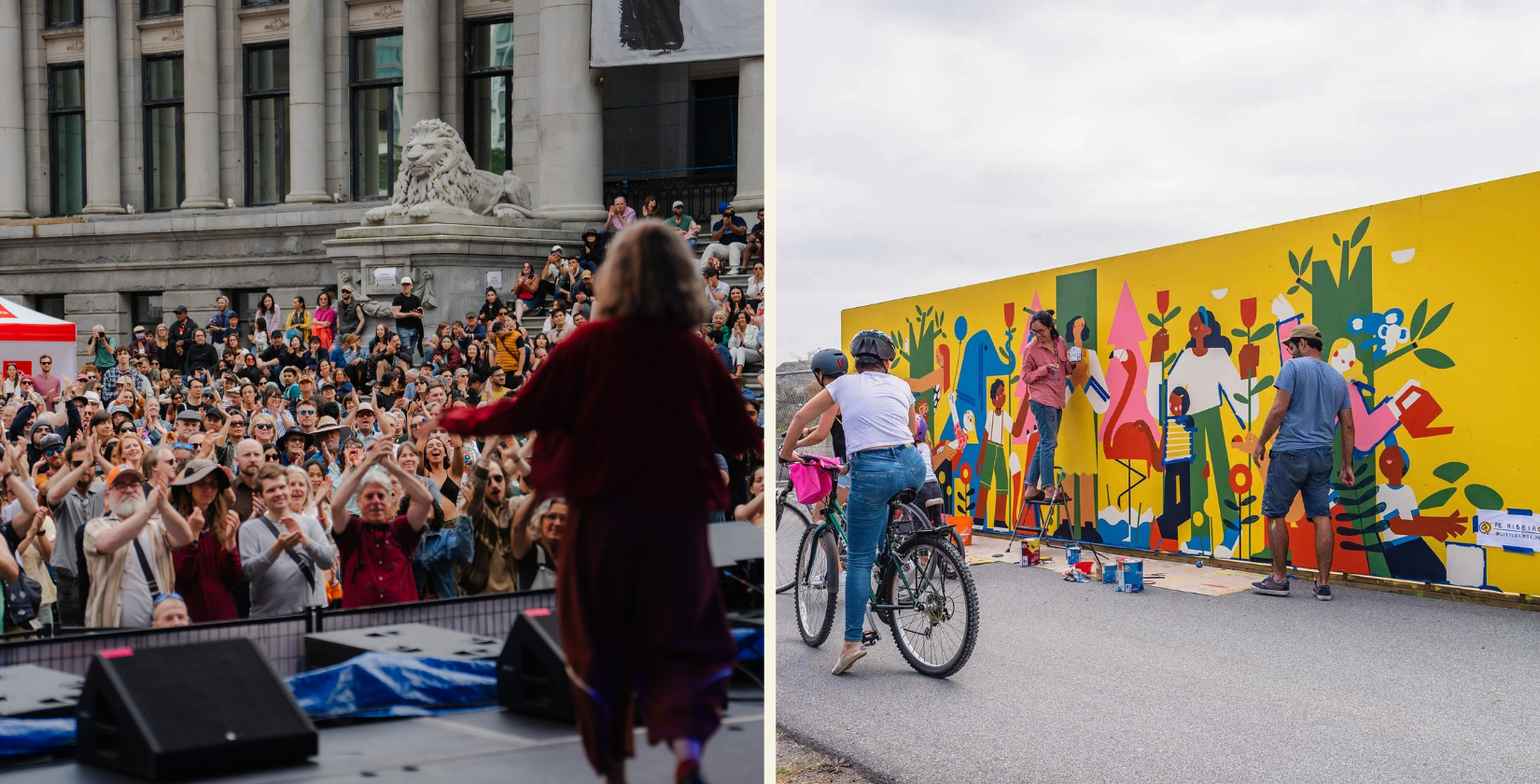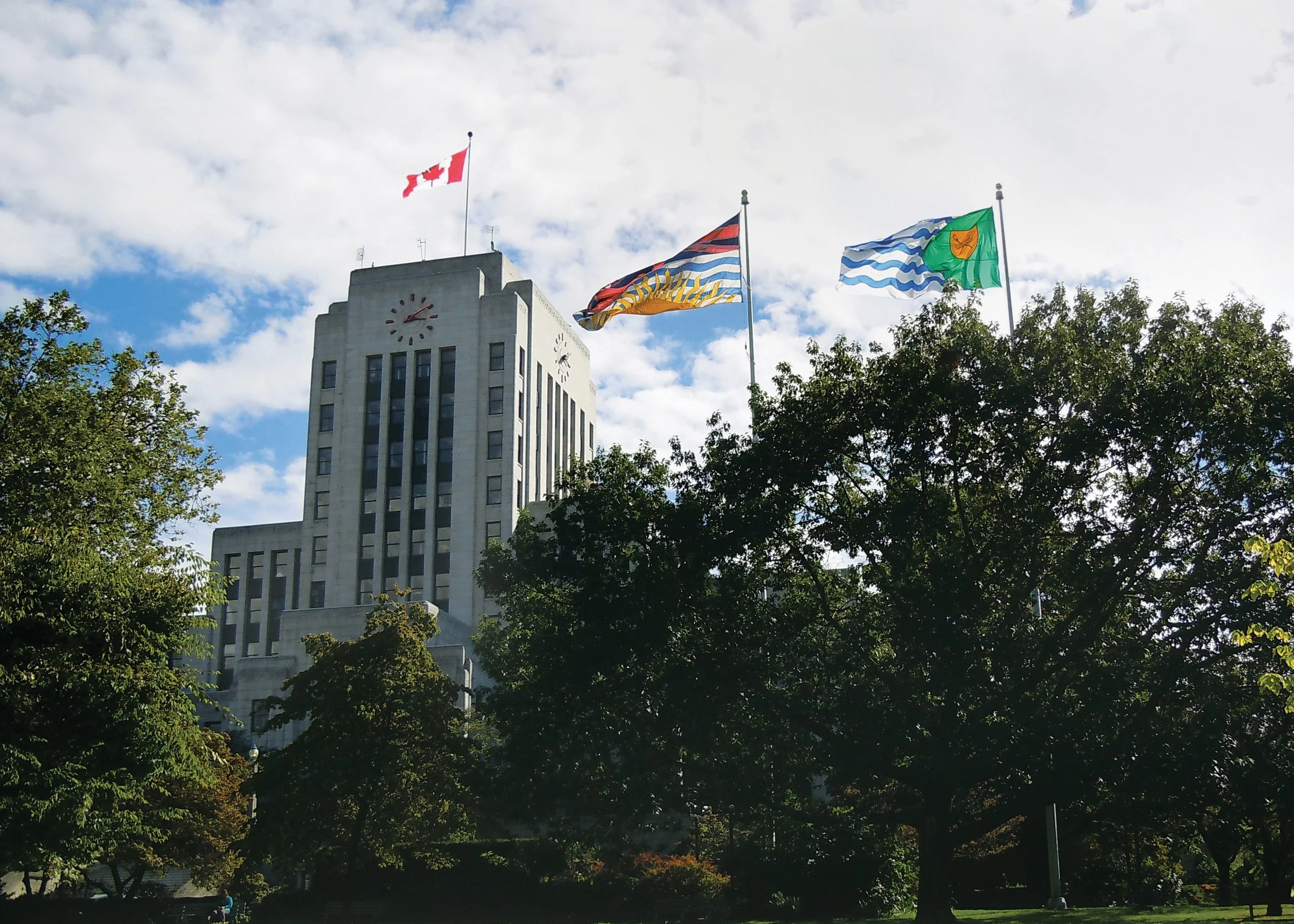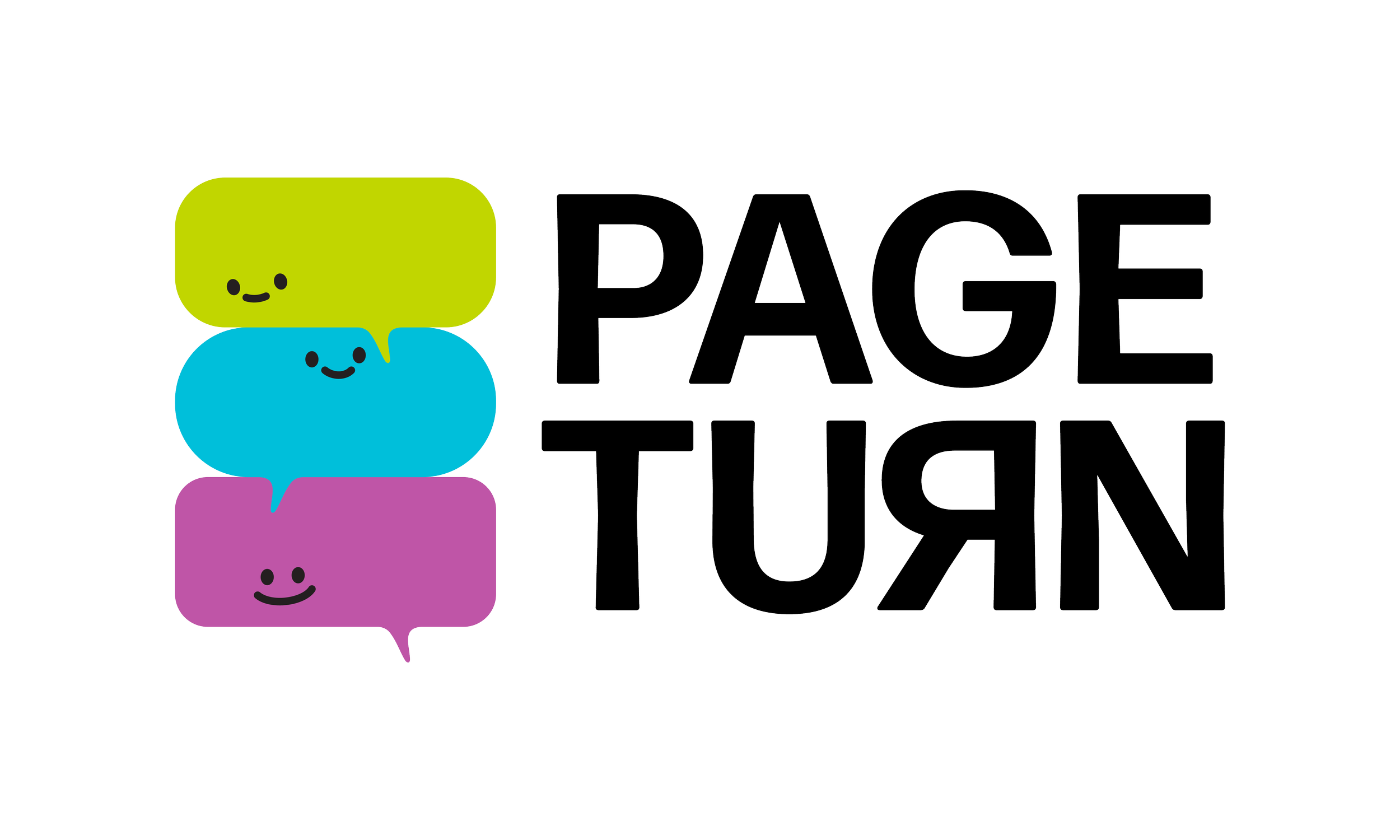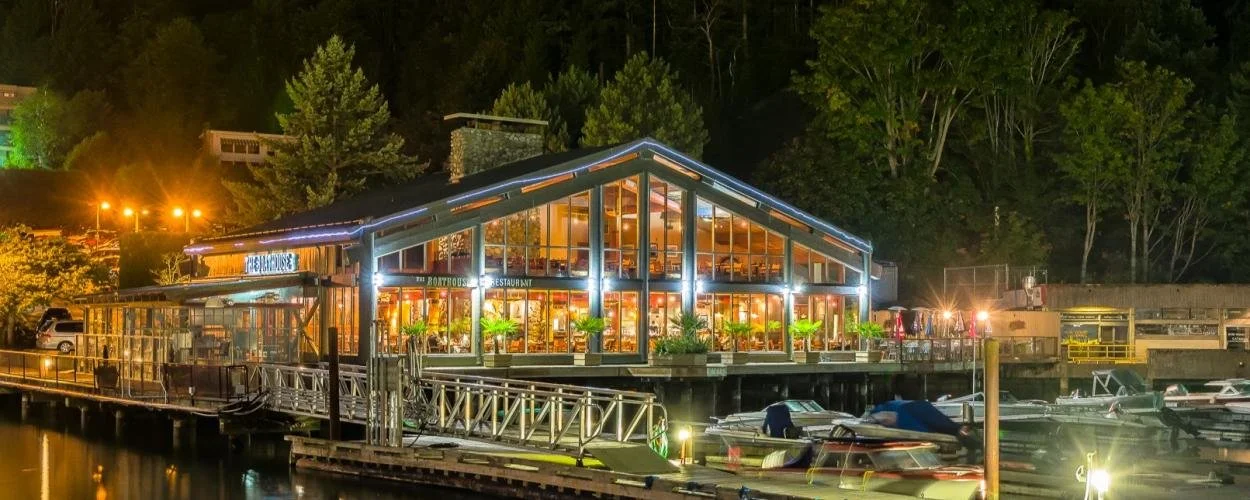Vancouver City Council motion calls for “urgent investment” in local arts and culture sector
In the motion set for July 23, recommendations to address funding and space shortfalls include setting a $40,000 minimum for operating grants and establishing a Festivals Vancouver Fund
Vancouver City Hall.
Coun. Pete Fry.
Diane Brown.
AT A MEETING ON JULY 23, Vancouver City Council will vote on a motion aimed at boosting the arts and culture sector at a time of funding and space challenges.
The motion, titled Urgent Investment in Vancouver’s Arts and Culture Infrastructure: Strengthening Vancouver’s Cultural Sustainability and Economic Impact, was submitted by Coun. Pete Fry on behalf of the Arts and Culture Advisory Committee. It calls for an increase in operating grants, seed cash for a cultural land trust, and new tools to secure empty spaces for artists.
The motion suggests city council set a goal of establishing a $40,000 minimum per operating grant to stabilize small organizations. Cultural operating grants in Vancouver currently range from $15,000 to $150,000. The motion suggests a 10-percent increase to the grant budget in 2026 to get the ball rolling.
It notes that, according to a 2024 report by Statistic Canada’s Culture Satellite Account, the sector generated over $6 billion yearly in GDP, but received only 4 percent—or approximately $93 million—of the city’s $2-billion-plus operating budget in 2024.
The indefinite suspension of the provincial B.C. Fairs, Festivals and Events Fund, which was launched to help the cultural sector crawl out of COVID shutdowns, is also cited as a factor creating challenges for arts groups. In addition, the motion report cites that “the estimated replacement cost of the City’s aging and disappearing cultural infrastructure exceeds $900 million (City of Vancouver Cultural Spaces Inventory, 2023), yet current capital investments remain inadequate to meet the scale of loss and need.”
Among the financial recommendations is putting minimal taxes or surcharges (in the neighbourhood of 0.05 percent) on empty buildings, which could then be put toward arts and culture funding. The motion also proposes revising temporary-use permit processing in order to use those empty buildings as arts and culture spaces, rather than letting them sit vacant.
Other ideas the motion urges council to consider and report back on: a 1 percent Cultural Space Contribution on new commercial and mixed-use floor area city-wide to dedicate to the Making Space cultural-space targets; and adopting a ticket surcharge on events at large venues to feed a Grassroots Venue Resilience Fund for repairs, acoustics, and accessibility upgrades in spaces with less than five hundred seats.
In place of the B.C. Fairs, Festivals and Events Fund, the motion requests that city council explore the creation of a Festivals Vancouver Fund that would “serve as a single, long-term support strategy, rather than constant emergency response requests from multiple organizations” that draw on public funds. Other recommendations include piloting an Arts, Culture and Creative City Navigator desk to streamline permitting and other special-event approval processes; and imploring the Province of British Columbia to revise the Assessment Act with a special classification for arts and culture spaces, to alleviate high tax rates.
Securing seed funding for a community-led Cultural Land Trust—an independent nonprofit entity that’s capable of purchasing and managing land in order to offer artists and arts organizations stable rent, long-term leases, and pathways to ownership—is also an important aspect of the motion. An allocation of $20 million toward it is requested for the City’s 2026 Capital Budget.
Vancouver-based nonprofit organization 221A is spearheading the initiative to establish a Cultural Land Trust in B.C. When Stir spoke to cofounder and executive director Brian McBay last year, he said that between $80 and $120 million in funding would be needed over the course of 10 years to meet 221A’s goal of securing 30 properties by 2050—and those figures were based on property costs from 2021, which have since risen.
“Resource limitations are killing projects,” Diane Brown, the artistic and producing director of Ruby Slippers Theatre Arts and a Culture Advisory Committee member, posted on Facebook this week, adding that “grants are barely covering basics anymore” and a loss of venue space is “decimating the arts and culture sector with very real consequences for our community and society at large.” Her post urges individuals with close ties to the arts and culture sector to share their experiences of how those factors are affecting them at council on Wednesday.
“We are expecting push back from certain councillors,” Brown writes in the post, “and it’s likely this motion will get watered down or even rejected unless a bunch of us show up (or Zoom in) to remind councillors that the creative engine of this city is running on fumes and needs their support.”
Those who would like to speak at the city council meeting on July 23 must sign up in advance. Registration is requested by July 21 at 5 pm. ![]()



